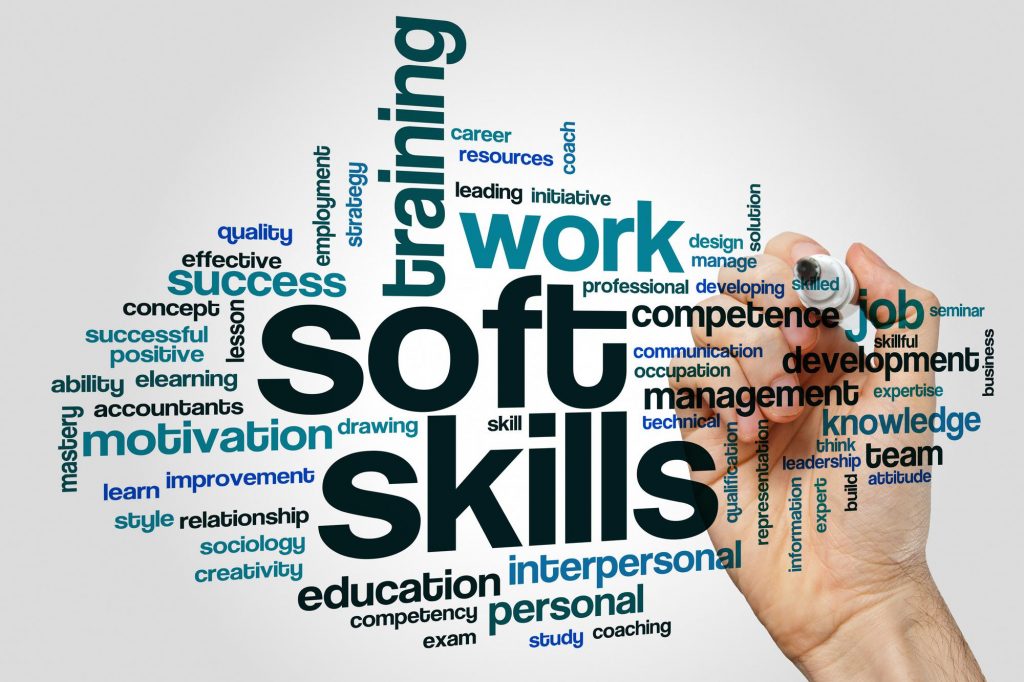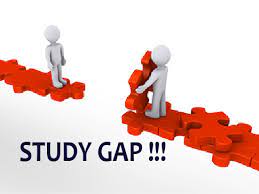Impact of AI on Higher Education: What Students Need to Know


Each sector is shifting because of artificial intelligence (AI), and one of them is higher education. In order to boost administrative effectiveness, improve learning experiences, and get students ready for a workforce driven by artificial intelligence, universities and colleges are progressively incorporating AI tools. This raises questions regarding accessibility, ethics, and the responsibility of educators in the digital age, even though it also offers new potential. We study about the advantages and cons of artificial intelligence and how it relates to higher education.
The Role of AI in Higher Education
Personalized Learning and Adaptive Education
Students’ varied learning styles and speeds are frequently difficult for traditional classroom settings to adapt. Machine learning algorithms are used by AI-driven platforms like Coursera, Duolingo, and Khan Academy to assess students’ strengths and shortcomings and provide individualized instruction and feedback. By ensuring that students learn things at their own rate, this individualized approach enhances comprehension and retention in general.
AI-Powered Tutoring and Assistance
Chatbots and virtual instructors driven by AI are improving student learning by offering immediate answers to questions. Students no longer need to rely on human teachers for simple clarifications because to tools like ChatGPT, Socratic by Google, and IBM Watson Tutor, which provide explanations and help on difficult subjects. For distant learners who do not have instant access to teachers, these AI tools are quite helpful.
Automated Administrative Processes
AI is being used by higher education institutions to automate repetitive administrative duties including exam grading, student enrolling, and admissions processing. Universities are able to better allocate resources and concentrate on enhancing academic assistance and student engagement as a result.
Enhancing Research and Data Analysis
AI is speeding up research in a number of academic fields. Large datasets can be analyzed using machine learning algorithms, which can also spot trends and offer insightful information in domains like the social sciences, engineering, and health. In order to save researchers a great deal of time and effort, universities are using AI to automate literature reviews, perform simulations, and forecast trends.
AI-Driven Career Guidance and Job Placements
AI is being used in career counseling at many colleges to assist students in making well-informed choices regarding their future careers. In order to provide appropriate employment prospects, AI-powered systems examine students’ abilities, interests, and market trends. AI algorithms are used by organizations such as Handshake and LinkedIn Learning to suggest networking opportunities, job vacancies, and upskilling courses based on user profiles.
Challenges and Concerns of AI in Higher Education
Data Privacy and Security
Concerns about student privacy are raised by AI’s heavy reliance on data collection and processing. Strict data protection regulations must be put in place by universities to guarantee that private student data is neither exploited or left vulnerable to online attacks. To foster confidence between students and professors, clear policies regarding data protection and openness should be established.
Bias and Fairness in AI Algorithms
Biases in training data may be inherited by AI systems, resulting in discrimination against particular student groups, unjust grading, or biased suggestions. To guarantee equity and inclusion in their applications, institutions must regularly examine AI models.
The Role of Human Educators
Some people worry that traditional teaching positions may become outdated as AI-driven education gains traction. But rather than taking the job of teachers, AI should be seen as a tool to help them. In areas where AI is now lacking, such as emotional intelligence, mentoring, and critical thinking activities, professors and teachers will continue to be crucial.
Dependence on Technology
Students’ capacity for autonomous thought may be diminished by an over-reliance on AI-driven learning. To guarantee comprehensive student growth, colleges must find a balance between AI-assisted education and conventional teaching techniques.
Access and Affordability
Due to differences in financial resources and technological infrastructure, not all students have equal access to AI-powered learning resources. To keep the educational gap from growing, institutions must endeavor to make AI technologies more accessible to students from a variety of backgrounds.
The Future of AI in Higher Education
AI-Powered Smart Classrooms
To create immersive learning experiences, future classrooms will incorporate augmented reality (AR), virtual reality (VR), and AI-driven smart boards. AI will help monitor student engagement levels and recommend tailored interventions.
Blockchain for Academic Credentials
By removing the need for human verification procedures, artificial intelligence (AI) and blockchain technology can assist in safely and openly verifying academic credentials, lowering fraud and boosting higher education’s legitimacy.
AI-Enhanced Collaborative Learning
Students from around the globe will be able to collaborate on projects in real time thanks to AI-driven technologies. AI will improve international academic partnerships by facilitating workflow automation, document summarizing, and language translation.
AI for Mental Health Support
AI-powered chatbots and counseling tools for mental health will offer students resources for stress management and emotional support, enhancing their general well-being.
AI is rapidly shifting the nature of higher education by allowing more efficient, data-driven, and personalized learning. Institutions must address issues with accessibility, equity, and data privacy even while technology presents great potential. The secret is to include AI in a way that optimizes learning outcomes, works in tandem with human educators, and gets students ready for the workforce of the future. If you are stuck with your career and require career guidance
Students should consider AI’s potential as it continues to enhance while honing their critical thinking, problem-solving, and moral judgment abilities. Learning will continue to be a dynamic and uplifting experience for everyone if technology and human intellect are harmoniously combined.
We provide 360° Solution for your Education Needs. Contact us






